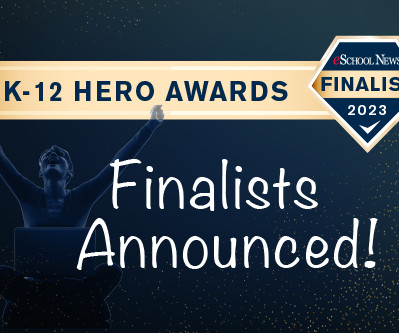David, Goliath, and the Future of the U.S. K-12 OER Movement
Doug Levin
FEBRUARY 21, 2016
I’m deeply grateful for the support and collegiality of the William and Flora Hewlett Foundation over this time, including for allowing me to attend this year’s annual OER meeting. Much of the discussion at the meeting focused on the many compelling benefits of OER adoption and use, including but not limited to cost savings.















Let's personalize your content